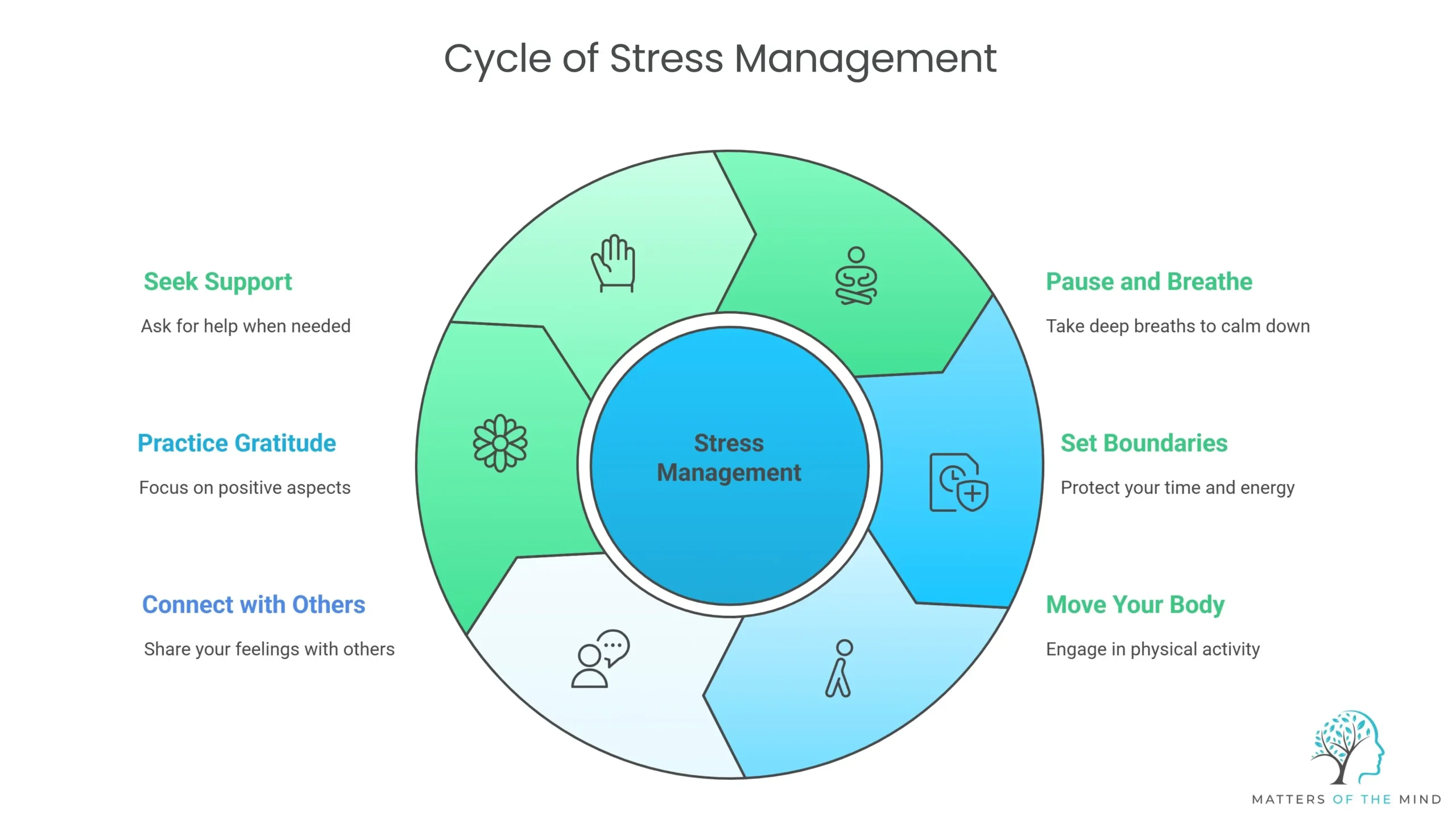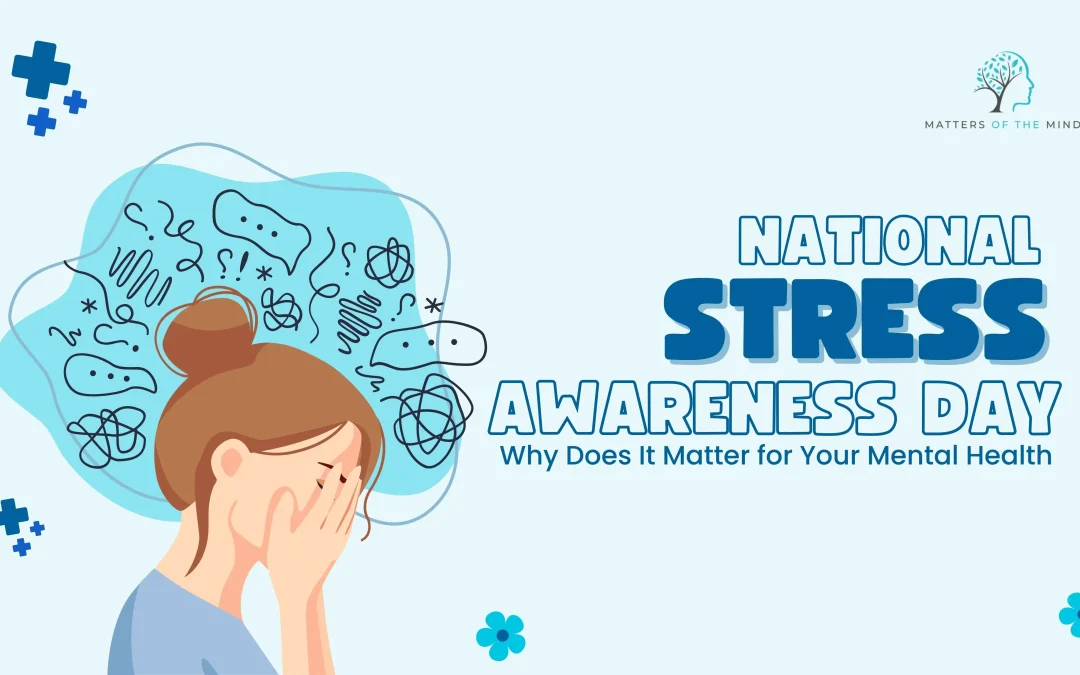Every year, National Stress Awareness Day, observed on the first Wednesday of November, serves as a gentle reminder to slow down, breathe, and reflect on how stress affects both mind and body.
What Is National Stress Awareness Day?
National Stress Awareness Day was established by the International Stress Management Association (ISMA) with a powerful purpose: to raise awareness about the impact of stress and promote effective ways to manage it.
What Is The Theme of National Stress Awareness Day 2025?
The theme of National Stress Awareness Day 2025 is Optimising Employee Wellbeing Through Strategic Stress Management. This year’s theme highlights the importance of addressing stress not just at an individual level, but also through systemic, workplace-wide initiatives. It encourages organisations to look beyond temporary solutions and focus on creating environments where employees can thrive, not just survive.
Did you know?
Speak to Dr. Kavita & Start Your Healing Journey!
Understanding Stress: What Happens In The Mind and Body
In small doses, this response can be helpful. It keeps us alert, motivated, and focused. But when stress becomes constant or unmanaged, the same response can lead to fatigue, anxiety, irritability, and even physical symptoms such as headaches, muscle tension, or sleep problems. Over time, chronic stress can take a toll on our emotional balance and overall health.
Why National Stress Awareness Day Matters
- How am I really feeling?
- What’s been weighing on me lately?
- Am I taking care of my mental well-being as much as my responsibilities?
Practical Ways to Manage Stress

1. Pause and breathe
2. Set boundaries
3. Move your body
4. Connect with others
5. Practice gratitude
6. Seek support when needed
A Reflection Moment
If you’re finding it challenging to manage stress, taking the first step toward support can make a real difference. You can reach out to experts like Dr Kavita Deepak-Knights, who provides guidance and support to help you reconnect with calm and balance in daily life. Seeking professional support can open the door to sustainable mental well-being.
You don’t have to face stress alone; sometimes, the most powerful step is simply allowing yourself to seek help and slow down.



